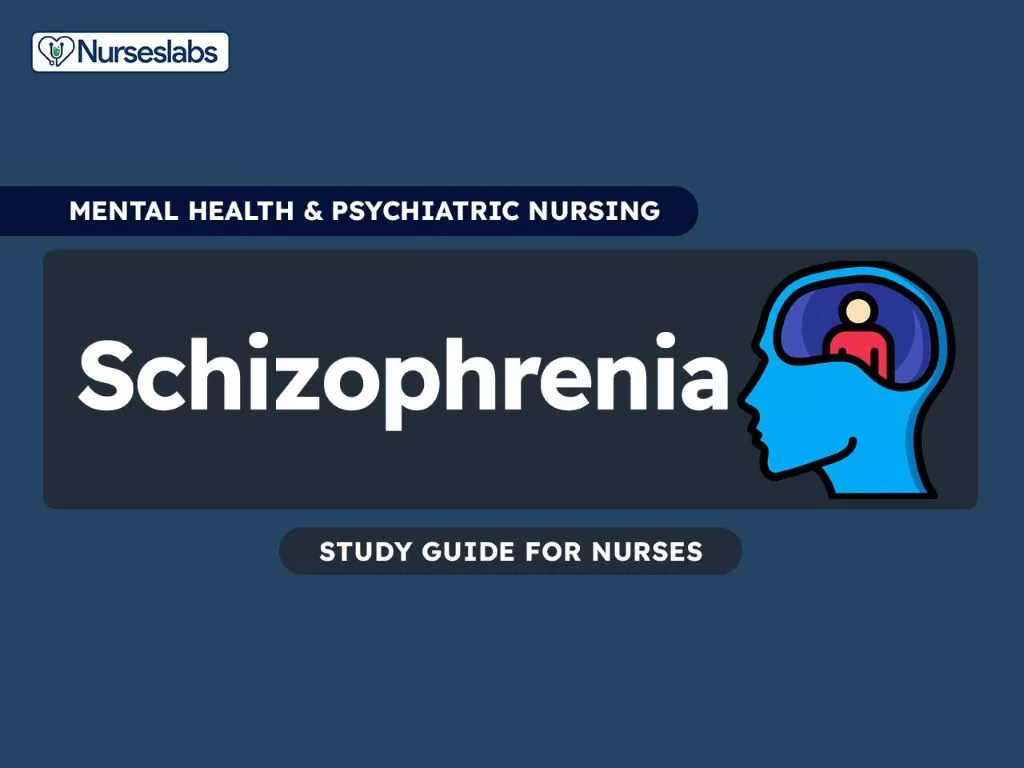SCHIZOPHRENIA PATIENTS NOT RECEIVING ESSENTIAL CARE
People with schizophrenia need to be recognised as requiring prioritisation
World Mental Health Day – 10 October 2023
Schizophrenia, although affecting only about 1% of the population, is a profound mental illness for which over 80% of individuals do not receive the essential mental health care needed.

The South African Society of Psychiatrists (SASOP) calls this Mental Health Day (10 October) upon the government and medical schemes to enhance mental health care for individuals with schizophrenia, aligning with the United Nations Sustainable Development Goals, the World Health Organization’s Comprehensive Mental Health Action Plan 2013–2030, and South Africa’s National Mental Health Policy Framework and Strategic Plan (2023-2030).
Dr Mvuyiso Talatala, Past-President of SASOP says schizophrenia patients face a significantly higher risk of premature mortality, with their life expectancy reduced by 10 to 20 years, and the lack of access to mental health care is weakening their quality of life as well as their families.
“Schizophrenia is a debilitating mental illness characterised by episodes of psychosis, which encompass symptoms like hallucinations, delusions, disorganised behaviour, and incoherent communication. Without timely intervention and proper management, schizophrenia can have severe consequences on social, occupational, and interpersonal functioning.”
“While precise data on the prevalence of schizophrenia in South Africa is lacking, the challenges faced by patients are evident in our healthcare facilities. These challenges include limited knowledge about the illness, difficulties accessing care at the primary level, insufficient access to appropriate medications, inadequate support for both patients and their families, resource limitations within the healthcare system, and the persistent stigma surrounding mental health issues.”
Dr Talatala emphasise that stigma remains a significant obstacle to the proper treatment of individuals with schizophrenia.
“The stigma is glaringly evident in the insufficient funding allocated to mental health care, despite the devastating consequences of untreated mental illnesses like schizophrenia. Shockingly, less than 5% of South Africa’s healthcare budget is directed towards mental health care, encompassing contributions from the private sector.”
“A considerable portion of this budget likely caters to individuals with severe mental illnesses like schizophrenia, but it predominantly focuses on hospitalisation rather than community-based mental health care services and district hospitals. Existing plans and policies designed to ensure equitable resource distribution to the community have yet to be fully implemented. In addition, injectable antipsychotics, recommended for ensuring treatment adherence, are still not widely prescribed for individuals with schizophrenia.”
He says in the private sector, the regulations of the Medical Schemes Act stipulate 21 days of hospitalisation per year for individuals with schizophrenia, with limited guidance on outpatient care, despite the existence of treatment algorithms for schizophrenia that advocate for comprehensive outpatient care.
“Medical schemes are often hesitant to fund outpatient care for people with schizophrenia. In the public healthcare system, the predominant approach revolves around providing care for individuals with schizophrenia only when they are severely ill and in need of hospitalisation. Despite the current reliance on hospitalisation as a cornerstone of schizophrenia treatment in South Africa, there is still a shortage of psychiatry beds, falling short of the recommended target of 28 mental health care beds per 100,000 population.”
SASOP urges both the government and medical schemes to bolster community-based mental health care services for individuals with schizophrenia, requiring increased funding and improved care models.
Dr Talatala says, “This includes providing sufficient space for therapists in community-based clinics, implementing relapse prevention strategies for schizophrenia in both the public and private sectors, early diagnosis and treatment, preferably with injectable antipsychotics, adequate treatment of schizophrenia and the management of substance use from the first episode, and better funding for community-based care to ensure treatment adherence and adequate psychosocial support.”
“Overcoming the stigma associated with schizophrenia demands that it be recognised as a priority by both the government and medical schemes. Overall, South Africa must strengthen its community mental healthcare services to reduce barriers to access for individuals in need.”
For support, members of the public can reach out to:
South African Depression and Anxiety Support Group (SADAG)
You are not Alone (YANA)





























